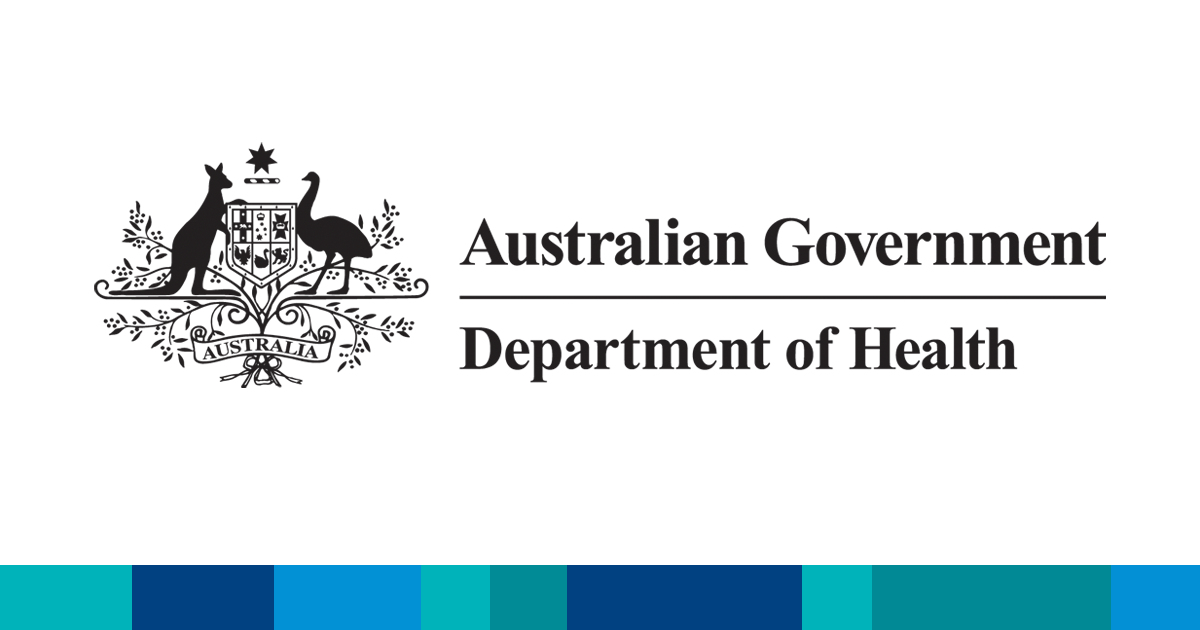Australian Government Injects $13.6m on Innovative Cancer Treatments trials
17 July 2020 | News
Fund will support 10 clinical trials at innovative cancer treatments including melanoma, reproductive and gynecological cancers and childhood brain cancer

Photo Credit: health.gov.au
In early June 2020, Australia’s Department of Health offered $13.6 million to support 10 clinical trials researching innovative cancer treatments including melanoma, reproductive and gynecological cancers and childhood brain cancer. Accomplished via the Medical Research Future Fund, this proactive agency now helps important clinical research progress.
Childhood Brain Cancer
Childhood brain cancer is the second most common cancer diagnosed in Australian children, with around 100 children diagnosed each year and an estimated 36 children dying from the disease last year according to the Australian Institute of Health and Welfare (AIHW).
Australia's Department of Health will invest $3 million across four childhood brain cancer clinical trials to improve the quality of life of children living with the condition, and in the long-term, to find a cure to defeat the disease.
The clinical trials will address gaps in knowledge; produce evidence on the effectiveness of new treatments drugs and devices; engage health service delivery partners to implement findings as quickly as possible; and making trials accessible to patients and parents who might otherwise not be involved. The clinical trials will be led by researchers from Monash University and the University of New South Wales, and will be accessible for children between the ages of 0-14 years.
Gynecological Cancer
$6.5 million in funding will be invested by the Australian Government to support four clinical trials for endometrial cancer, epithelial ovarian, fallopian tube and peritoneal cancer, and the role of hormonal therapy in treating gynecological cancers.
An estimated 6,454 Australian women will be diagnosed with a gynecological cancer this year, and 19,871 women will live their lives with these devastating diseases.
From this investment, Australian women will soon have access to a three year trial that will help find new treatments, medicines and devices to support those living with one of these rare cancers.
Melanoma & Cardiovascular Disease
The Australian Government will also provide $4.1 million in funding for two world class international clinical trials to help improve therapy for patients living with two of Australia’s deadliest conditions – melanoma and cardiovascular disease.
Melanoma is the fourth most common cancer in Australia and the second most common in young adults. Although it is curable when detected early, survival rates for metastatic melanoma are low.
DETECTION, is an international trial led by researchers from the University of Melbourne, examining a new way to reduce deaths from advanced melanoma.
The clinical trial will study more than 1000 patients with Stage 11 melanoma, to find whether a blood test containing tumor DNA (ctDNA) can identify those at high risk of a relapse after surgery for localized melanoma.
It will also evaluate if treating these patients early with immunotherapy based on the ctDNA positive result will improve their overall survival.
Each of the aforementioned clinical trials is backed by the Medical Research Future Fund (MRFF) through which $614 million has been committed to the Clinical Trials Activity, with a significant proportion allocated to research focused on rare cancers, rare diseases and unmet medical needs.
Australian Government recognizes clinical trials are absolutely essential for evaluating the effectiveness and safety of medicines, devices, services and interventions to help prevent, detect or treat illness and disease.












